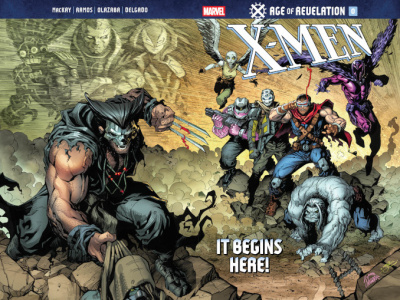"I have long expected that my working relationship with Disney would end," Perlmutter said in the statement, which was released to the public. "That it should come as a result of my trying to help Disney improve its business should sadden many shareholders as it does me, the company’s largest individual shareholder."
Perlmutter said that he wanted Peltz on the board because he would cut costs and return more money to shareholders (Perlmutter is Disney's largest shareholder). "Anyone who knows me is well aware of my fixation on fiscal discipline to improve efficiency," said the man who was known to fixate on the price of a paper clip. "It is that approach to Disney's operations that has formed my support for Trian, in seeking to restore the dividend, fix the company's inflated cost structure, and ensure a successful CEO succession... It’s a disappointment for me and I believe many fellow shareholders that he wasn’t welcomed to the board and that it took the threat of a proxy contest for the board and management to begin to act."
Disney let Perlmutter go last week, folding Marvel Entertainment into other units of the company (see “Perlmutter Out”). Shortly after Peltz’s bid was rejected, Disney announced a major restructuring that will result in the company cutting 7,000 jobs, along with other measures; among other uses, the money freed up by the cuts can be paid to shareholders as dividends (see "Disney to Cut 7,000 Jobs").
“My ties to Disney are deep and extend more than 30 years,” Perlmutter said in the statement. “The Marvel brand which I brought to the company in 2009 is now one of the strongest and most profitable business units in the company, as well as one of the best-known entertainment franchises in the world.”
And in parting, he said, “I will continue to advocate for actions that secure Disney’s long-term financial health and allow a new generation of management to reverse the trend of falling shareholder equity and return the dividend to its prior level.”









